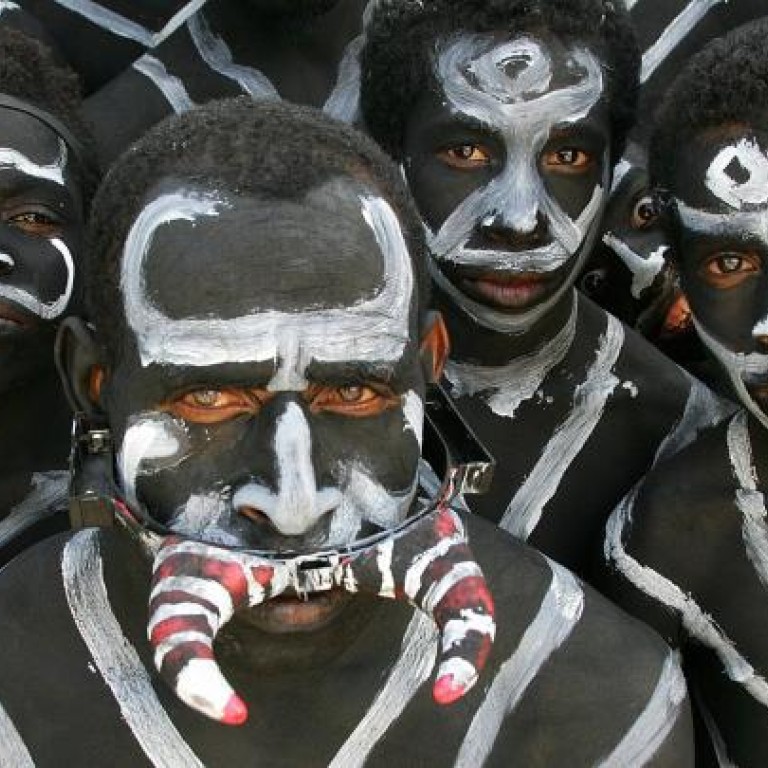
Book review: 'The World Until Yesterday', by Jared Diamond
This magnum opus from Jared Diamond, the geographer noted for 1997's Guns, Germs, and Steel, is a brilliant analysis of the differences in culture and social practice between traditional and modern societies.
by Jared Diamond
Viking

Drawing on his long-time association with the tribes of New Guinea, Diamond examines differences in social practice that range from justice to childrearing, from health to the treatment of the elderly. The book is an extensive work of comparative anthropology that is deeply researched, coherently formulated and clearly written.
The book's sub-head, , is a misnomer. As befits a good scientist, Diamond is less concerned with speculating about what can be learnt from tribal societies than documenting them. His intimate knowledge of the people of New Guinea, where he has been conducting fieldwork since 1964, has allowed him to voyage deeply into their culture. This research is augmented by examples from tribal societies worldwide.
The conclusions are threefold. Firstly, it becomes clear tribal cultures that appear to function in a similar way are often very different. Secondly, the book provides clear and logical reasons for why practices we consider barbaric - such as infanticide - exist in some societies. (Infanticide takes place in some cultures because the mother can produce enough breast milk for only one young child.)
Although we may not feel morally comfortable with such acts, and cannot condone them, it is interesting to find that they are rooted in more than superstition. Thirdly, the sheer variety of social practices that Diamond describes prompts the reader to think about practices that customarily exist in modern societies.
Diamond lays the foundation for the book by explaining how differing methods of governing arise in populations due to their size. Population size is at the root of cultural development, he says. In small tribes of around several hundred people, he notes, everyone knows each other by name and face - there are effectively no strangers. This means there is no need for a centralised authority, as disputes are resolved directly by the individuals involved in them. The fact that everyone is known also leads to a degree of safety within the tribe, as no member is invisible - it's easy to find out who did what.
As populations increase, more power is given to an authority, first a chief, and then a state, to mediate disputes and ensure safety.
Diamond goes on to address a wide range of comparative practices, such as war and childrearing. War is actually much nastier in small societies than big modern ones, he points out. War between small tribes, usually driven by competition for resources, proportionally kills more people than the big 20th-century wars. Wars between tribes are continuous, and morally condoned; children are trained to kill, and women and children are acceptable victims. At the other end of the scale, violence in childrearing - a smack for a naughty child - is taboo in some tribes and acceptable in others. (It is, he notes, acceptable in some modern Christian cultures.)
Diamond states that he does not want to romanticise traditional societies. Indeed, he says his research has shown that many tribes welcomed the social - but not the political - aspects brought by European colonial rule. Simply put, the colonialists, wanting order in their conquered territories, stopped the tribes from killing each other, unless it was in the colonialists' interest for them to do so. So life was safer for the individual under colonial rule.
There are only a few lessons we can learn from traditional societies, Diamond says, such as "restorative mediation", when criminals and victims work together to mediate the reparations for a crime.
